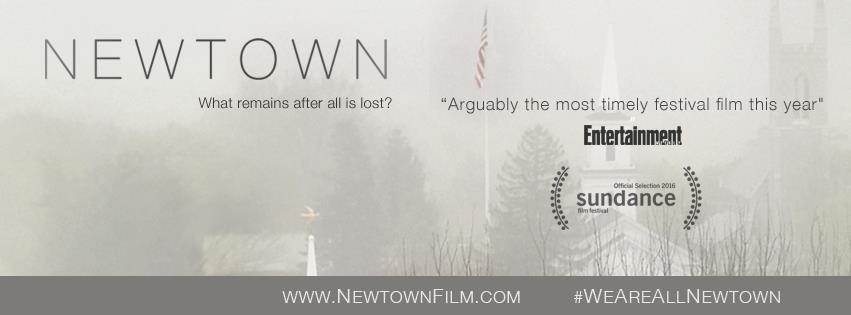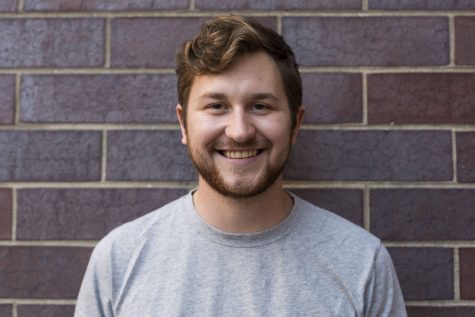“Newtown” Highlights the Aftermath of Mass Shootings
Kim A Snyder’s documentary, “Newtown” focuses on the aftermath of the Sandy Hook Elementary School shooting in Newtown, Connecticut back in 2012 by exploring the lives of victim’s family members, as well as the greater community.
October 7, 2016
In a society where we seem to routinely hop from one mass shooting to the next, often little coverage is devoted to what happens to a suffering community after the news trucks leave. Kim A. Snyder’s heart wrenching documentary “Newtown” attempts to remedy this problem by following the day-to-day struggles of the parents, families and larger community impacted by the Sandy Hook Elementary School shooting in Newtown, Connecticut in 2012. While a lesser filmmaker would have sensationalized their stories or used the victims as pawns in a larger political statement, Snyder instead shows a delicate portrait of grief and what it means to move on.
That’s not to say that the film doesn’t have a political argument — it does because its subjects do. The film focuses on three families who lost children that day, the kids’ names being Daniel Barden, Ben Wheeler and Dylan Hockley. Since suffering this tragic loss, the three sets of parents have become gun control advocates, speaking in front of Congressional committees and organizing marches on the Capitol. These sections of the film are persuasive and highly affecting, but to boil “Newtown” down to an activism documentary would be dismissive of Snyder’s larger objective — to illustrate how a community moves on from a loss.
There are small moments throughout the film that demonstrate the various ways a tragic event affects those around it: the letter an EMT wrote to a grieving father, the school janitor breaking down when talking about the kids, a victim’s brother who wrote “Would Be Here” on the doorway marking the deceased’s height. Newtown is attempting to heal from a tragedy most can’t even comprehend.
The main success of the film and the reason its existence is important is that it allows the victims’ families to reclaim the narrative of the tragedy. The killer’s name is never spoken in the film — he is only referenced when necessary during descriptions of that day. Instead, Snyder shows us home videos of the victims. We get to know the staff of the school, the neighbors and the emergency room doctors. The media circus is often criticized for turning murderers into household names, dissecting their psychological well-being while leaving no time to put faces and stories to the list of names of the dead. Snyder’s technique aims to combat this notion, and is consequently much more effective. The weight of the tragedy is palpable, the grief of the families is devastating but their will to survive and preserve their children’s memory is admirable.
“Newtown” is an important film, one that strives to prevent us from forgetting those whose lives are forever changed by tragic events. This documentary is a crucial reminder that the victims of mass shootings are people, not statistics.
Email Zach Martin at [email protected].

























































































































































